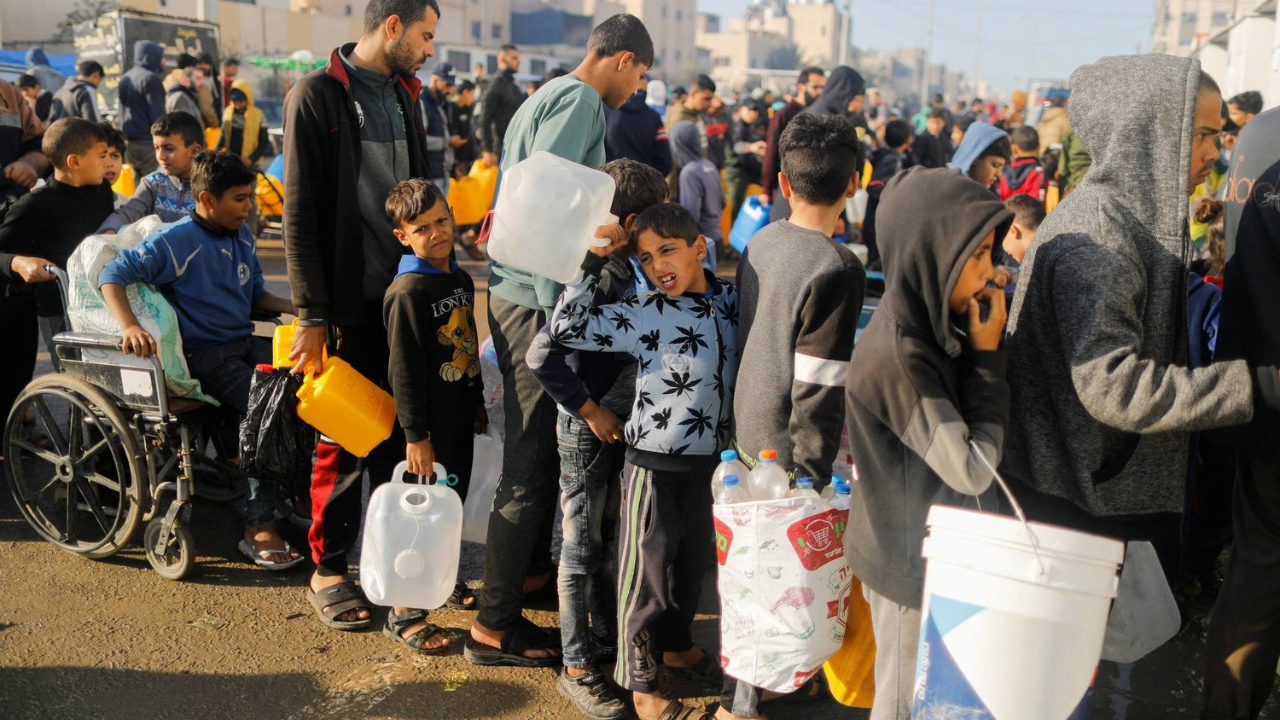A recent survey conducted by the United Nations International Children’s Emergency Fund (UNICEF) has highlighted a critical situation in the Gaza Strip, with a significant number of children and pregnant women unable to meet their basic nutritional needs. The survey revealed that 90 percent of children under the age of 2 are consuming two or fewer food groups daily, primarily consisting of bread or milk.
According to UNICEF, a quarter of pregnant women in Gaza are reportedly having only one meal per day. The study sheds light on the challenges faced by vulnerable populations, emphasizing the dire nutritional conditions prevailing in the region.
UN officials have pointed to extended checks on aid vehicles at Rafah crossings by Israeli authorities, coupled with heavy shelling, causing delays in the delivery of essential aid materials. Earlier reports from UN officials suggested that one in four Gazans was experiencing famine-like conditions.
The survey also highlighted a concerning rise in cases of diarrhea among children under 5, increasing from 48,000 to 71,000. UNICEF sees this as a “clear indication of poor nutrition,” particularly when compared to the previous monthly average of 2,000 reported cases.
While Israeli authorities assert that there is an adequate food supply in the territory and claim to have taken necessary steps to facilitate aid, UN agencies place responsibility on them for any shortages. The situation in Gaza remains a matter of international concern, with efforts needed to address the urgent humanitarian needs of the affected population.












